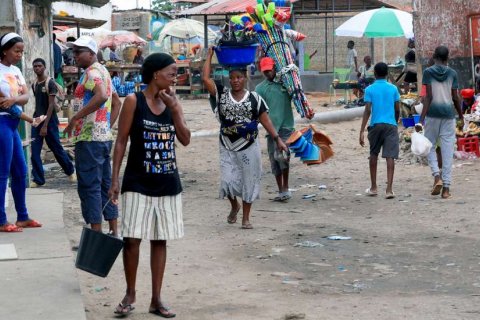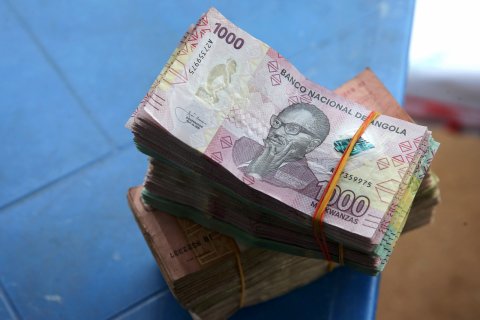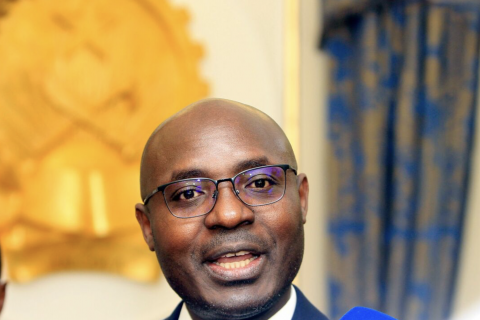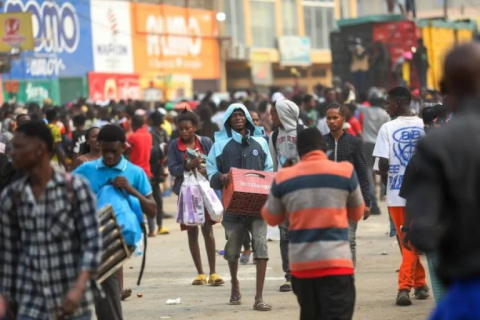João Lourenço, who is chairing the African Union this year, considered, in particular, that “cholera is much more than a health emergency; it represents a major obstacle to economic, social and human development”.
The meeting, which was also attended by the Director-General of the World Health Organization, Tedros Ghebreyesus, served to take stock of the cholera outbreak that is affecting several African countries, with the highest incidence in Angola, Sudan, South Sudan and the Democratic Republic of the Congo (DRCongo).
In his speech, João Lourenço highlighted cholera as an ideal opportunity to “resolve old structural problems through innovative and sustainable solutions, investing in adequate water, sanitation and public health infrastructure, not only to save lives but also to generate concrete economic and financial gains, creating solid foundations for healthier, more resilient and prosperous societies”.
João Lourenço also defended the need to invest in pharmaceutical production, stating that “to ensure a robust and sustainable response to this and future crises, it is essential to locate the production of medicines and vaccines on the continent”.
“Exclusive dependence on external imports limits our response capacity and compromises our health sovereignty”, he added.
Among the various heads of state who participated in the videoconference were Félix Tshisekedi (DRCongo), Netumbo Ndaitwah (Namibia), John Dramani (Ghana) and Lazarus Chakwera (Malawi).
In his speech, João Lourenço also mentioned that since January 7, Angola has been facing a new outbreak of cholera, with 24,536 cases and 718 deaths recorded as of June 2, with a fatality rate of 2.9 percent.
A report by the Africa CDC, published in April, states that more than 90% of vaccines, medicines, medical tests and other essential health products used on the continent are imported.
Africa’s dependence on imported health products has proven disastrous during previous epidemics, including Covid-19, Ebola, Marburg and measles, the report also points out.
This situation puts the continent at the mercy of global trade tensions, geopolitical disruptions and logistical delays, according to the same source.
In addition, public health emergencies have increased sharply in Africa, from 152 in 2022 to 213 in 2024, according to the Africa CDC.







